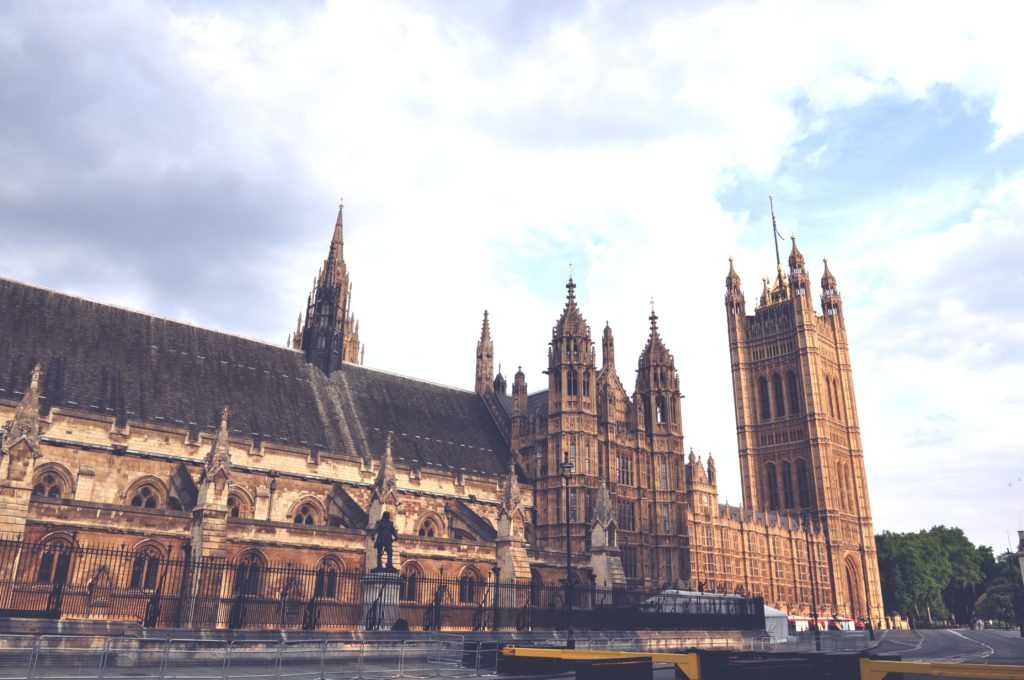In the first of our series on the legacy of Boris Johnson’s premiership as it relates to corruption Rebecca Dobson Phillips, Lecturer in Corruption Analysis at the University of Sussex, discusses how Johnson’s actions exposed the compromises inherent in the system of standards in public life and reflects on the implications for our understanding of both political and bureaucratic accountability.
It is difficult to reflect on Johnson’s legacy as Prime Minister, without observing the apparent contempt he displayed for many of the rules and conventions that are designed to hold those in power to account. Even before his premiership, his reputation was littered with concerns about his approach to the truth, his close encounters with conflicts of interest and his susceptibility to diplomatic gaffes—at least one of which likely resulted in serious personal costs for Nazanin Zaghari-Ratcliffe. But it is as PM that his maverick attitude to accountability has really tested the UK establishment.
It’s unnecessary to recite all his alleged transgressions. But from the prorogation of parliament and his failure to sanction breaches of the Ministerial Code to being accused of stuffing the Lords with Tory donors and his suspected misleading of parliament on breaching COVID rules, it is clear that in appearance at least Johnson’s premiership has pushed the boundaries of the expected and acceptable. However, despite much performative outrage and some genuine concern that his actions could or would fatally weaken the system of public standards they appear to have done little more than illuminate many of the compromises that were already inherent in it.
His prorogation was deemed unlawful. His party’s attempt to bend the rules in Owen Paterson’s favour when he was found to have engaged in “paid advocacy” ultimately failed. There have never been robust safeguards on appointments to the House of Lords, so PMs have always had considerable leniency in awarding peerages. His Ethics Adviser—whom he was highly criticised for disregarding—was always just that, an “adviser”, and his advice could therefore be ignored if expedient. The PM already had ultimate authority over the Ministerial Code, with the power to change it, initiate investigations into breaches and to decide on sanctions.
Indeed, given his reputation, substantive changes to the system of public standards are surprisingly limited. His update to the Ministerial Code in April 2022 was met with indignation for removing the expectation that Ministers should resign when found to have breached the Code, except in cases of “knowingly misleading parliament”. However, it was in line with a Committee on Standards in Public Life (CSPL) recommendation, which suggested graduated sanctions as opposed to a blanket expectation to resign. It is true that Johnson did not implement a range of other CSPL suggestions that would have strengthened the hand of his Ethics Adviser, including handing over authority to initiate investigations and determine breaches, but then neither had any PM before him.
Johnson’s government was eventually brought down by “sleaze”—his apparent support for and promotion of an MP accused of sexual misconduct—but it was the political (rather than bureaucratic) fallout this caused within his own party that ultimately removed him. While he remains under investigation by the House of Commons Privileges Committee for contempt of Parliament, which could lead to the highest level of bureaucratic sanction—a recall petition and by-election in his constituency—this too ultimately ends in a political process, albeit one involving only a tiny section of the electorate. There is currently sustained political pressure to halt the investigation, which has been bolstered by a legal “opinion” on its legality, and there is wild speculation about Johnson’s eventual return to front-bench politics; neither possibility can be ruled out.
Perhaps then the real legacy of Johnson’s premiership in this area is that we have been supplied with a case study on how the system works when faced with a PM that eschews controls on their behaviour beyond the purely political. Those concerned about the failures of the standards system to hold Johnson to account for his numerous transgressions therefore need to consider the delicate balance between bureaucratic and political accountability in the UK system and ask: Is this a bureaucratic problem or a political one? Does it need a rules-based solution or a political/democratic one?
There is risk involved in focusing on the inadequacy of the rules and individual breaches at the expense of a more holistic view of the essential role of political accountability. Ultimately politics rules the fates of politicians; and yet our political system seems woefully inadequate to the task of sanctioning those that fail to adhere to even the most basic standards of public life.



Leave a Reply